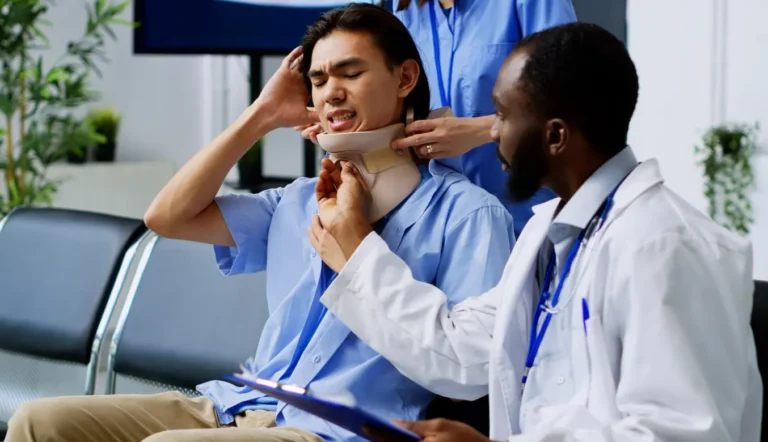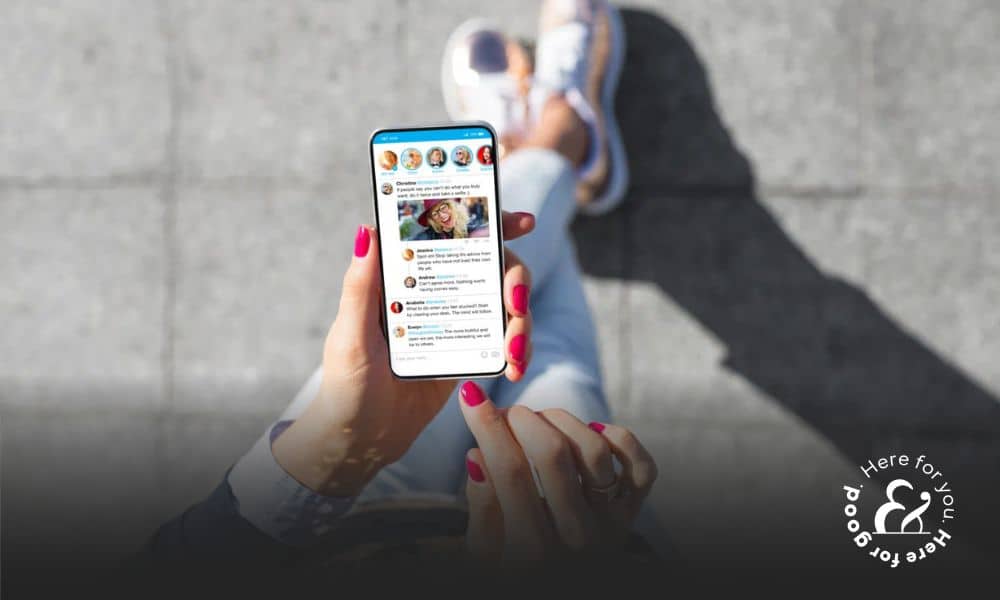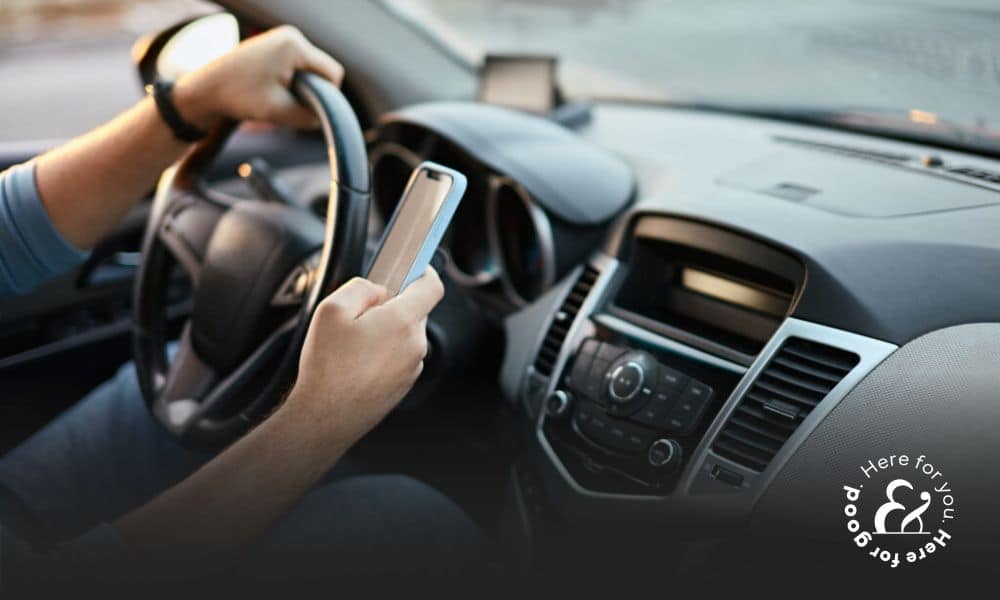Social media is a major part of our everyday lives. In many cases, it’s how we communicate with friends and family and stay connected no matter how far apart we are. If you’re in the middle of a personal injury claim, however, social media and personal injury claims don’t usually work well together. Posting on social media could actually harm your case. Insurance companies monitor claimants’ social media accounts and even the most innocent of posts could be used against you. Making even innocent posts on social media can end up being a mistake in your personal injury case.
How Can Insurance Companies Use Your Social Media Posts Against You?
Social media posts can function as evidence for the insurance company if you’re not careful. They look for anything that may contradict your evidence or otherwise undermine your case. Even seemingly harmless posts can be taken out of context. For instance, if you make a lighthearted comment about feeling “better” on a rough day, this could be used against you, despite your general injury status remaining the same.
Contradicting Your Evidence
One of the biggest risks of making social media posts is that the insurance company could use it to contradict the evidence you have supporting your injury claims. For example, if you’re claiming limited mobility or severe pain but post photos or videos of yourself engaging in physical activities—like attending events, exercising, or traveling—insurance companies or opposing attorneys may argue that your injuries are less severe than you claim. They might even suggest you’re exaggerating or falsifying your injuries to receive compensation. Even a simple picture of you smiling at a social gathering could be used to argue that you’re not experiencing the emotional pain you’ve described in your claim.
Avoid posting any updates, photos, or videos that could give the impression you’re not as injured as your claim suggests, even if these activities are minor or occasional.
Undermining Your Credibility
Credibility is important in any personal injury case, as you’ll need to make sure that the insurance company and/or the court trust that you are believable. Unfortunately, social media posts, even unrelated to your injury, can sometimes be used to undermine your credibility. For example, if you’re tagged in a location that contradicts your testimony or seen in photos where you’re active, it could raise doubts about your honesty. Opposing attorneys may attempt to paint a picture that you’re not being entirely truthful, which can harm your case.
Avoid making posts that could be misinterpreted or that don’t align with your statements regarding your physical limitations or emotional state.



If you were injured in an accident due to someone else’s negligence, Farah & Farah is here for you. We’ve relentlessly fought for the right to compensation for our clients and their families since 1979.
How Can You Protect Your Personal Injury Case Online?
It’s best to avoid discussing your case online at all. Even the most casual of comments could be misinterpreted or taken out of context and used to undermine your case. While social media is a great way to stay connected, anything you post, even if it’s not about your claim at all, could be used by your insurance company as evidence against you. Posting about your car accident on Facebook could give the insurance company ammunition to claim that you were faking your injuries.
Update Your Privacy Settings
Something you can do is update your privacy settings. These can limit your posts so that only certain people can view them, even amongst your connections on that social media platform. However, it’s vital that you understand the limitations of these settings before making any posts while your case is ongoing. Privacy settings aren’t foolproof.
If your friends and family post on social media and tag you in photos and their privacy settings aren’t as robust, your insurance company may be able to see those posts. Even well-meaning friends can inadvertently expose details about your activities if they tag you in photos, mention you in comments, or check you in at locations.
Talk to Your Friends and Family
Because your insurance company could use others’ posts against you as well, ask friends and family not to tag you, check you in, or otherwise post about you. You can’t control what they post, but you can make them aware of the risk of anything they say being misconstrued or taken out of context. Your contacts posting about your accident on social media could give the insurance company evidence that, taken out of context, could allow them to claim that you aren’t as injured as you say.
Avoid Social Media Altogether
Attorneys, Farah & Farah included, usually advise that you avoid social media altogether while your personal injury case is ongoing. Avoiding posts, interactions, and location check-ins can minimize the risk of accidentally providing information that could harm your claim. Deactivating accounts temporarily could help make sure that no accidental updates are posted or tagged, protecting your case secure from any unintended scrutiny.
Farah & Farah Is Here To Support You
If you are a Farah & Farah client, your attorney will work with you to minimize the risks that social media could compromise your personal injury claim. We’re here for you and will be by your side every step of the way. If you’ve been injured due to someone else’s negligence, contact Farah & Farah today for a free consultation to discuss your case.










